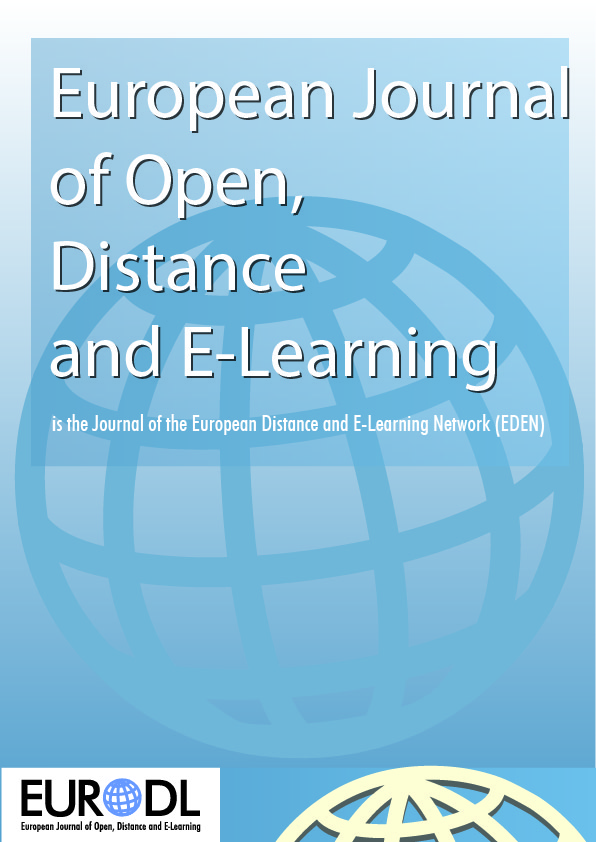The Relationship Between Quality of Student Contribution in Learning Activities and their Overall Performances in an Online Course
The Relationship Between Quality of Student Contribution in Learning Activities and their Overall Performances in an Online Course
Author(s): Rajabalee Yousra Banoor, Frank Rennie, Mohammad Issack SantallySubject(s): Social Sciences, Education, Higher Education
Published by: European Distance and E-Learning Network
Summary/Abstract: In this research we studied the correlation between the level of students’ online participation and their overall performances. We examined in this study, the participation level in different learning activities assigned to two large cohorts of learners, and compared them with their final grades at the end of the year. We defined the quality of their participation in the online course as being classified into the level of learning activities in which they participated. Learning activities were grouped into four levels which were identified namely at the knowledge, understanding, critical thinking skills and practical competencies. The findings revealed that participation in higher-order online learning activities, that is the higher ability to show critical skills and practical competencies, resulted in better grades of the learners in the module. However, the results also highlighted that overall students had a tendency to score more marks in the knowledge category as the activities required lower order cognitive skills. It was further observed that low performers demonstrated a tendency to obtain lower marks in all the four grouping levels and vice-versa for high performers. Two key elements can be concluded from the findings. The first aspect is about instructional design of such online courses where there is a need for the inclusion of learning activities targeted at the development of different types of skills, and second is the distribution and weighting given to these categories. The recommendation is that for first year students, a greater weighting of marks toward knowledge level activities will generally encourage good performances, and this could be gradually reviewed when they move on to level 2 onwards in their studies.
Journal: European Journal of Open, Distance and E-Learning (EURODL)
- Issue Year: 21/2018
- Issue No: 1
- Page Range: 16-30
- Page Count: 15
- Language: English

